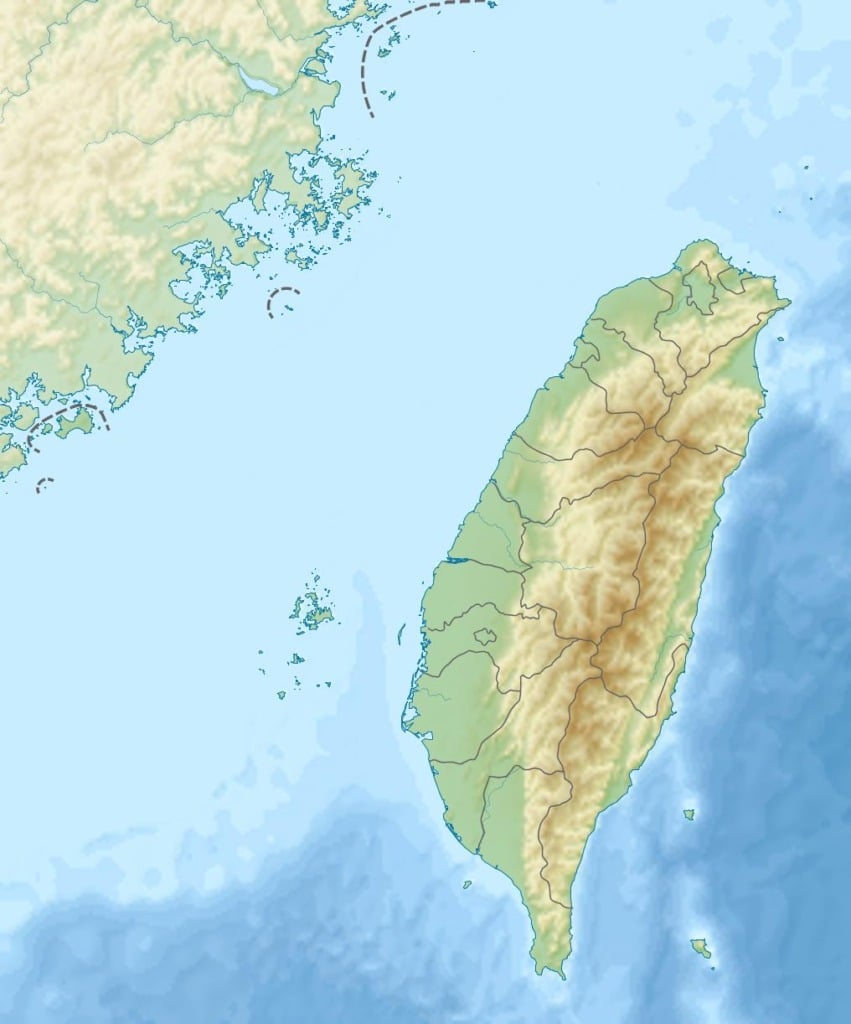Ninth Circuit Addresses Common Law Immunity from Criminal Prosecution
Two years ago, in Turkiye Halk Bankasi A.S. v. United States (Halkbank) (2023), the U.S. Supreme Court held that the Foreign Sovereign Immunities Act (FSIA) does not apply to criminal proceedings and remanded the defendant’s claim of common law immunity to the Second Circuit. On remand, the Second Circuit deferred to the executive branch’s determination that Halkbank was not…
Continue ReadingWhen Is a Securities Transaction “Domestic” Under Morrison?
In Morrison v. National Australia Bank (2010), the Supreme Court held that § 10(b) of the Securities Exchange Act applies only to “transactions in securities listed on domestic exchanges, and domestic transactions in other securities.” This holding doomed the securities fraud claims in Morrison because the plaintiffs purchased their shares on the Australian Securities Exchange….
Continue ReadingThe $24 Billion Judgment Against China in Missouri’s COVID Suit
On March 7, 2025, Judge Stephen N. Limbaugh, Jr. (Eastern District of Missouri) entered a default judgment for more than $24 billion against the People’s Republic of China and eight other Chinese defendants for hoarding personal protective equipment (PPE) during the early days of the COVID pandemic in violation of federal and state antitrust laws….
Continue ReadingReciprocity and the Hague Judgments Convention
In a prior post, I reported on recent developments that offer a basis for (cautious) optimism that the United States may soon take the necessary steps to ratify the Hague Judgments Convention (HJC). In this post, I explore how the issue of reciprocity might affect the ratification process. Reciprocity Reciprocity refers to the mutual recognition…
Continue ReadingFourth Circuit Rejects Forum Non Conveniens Defense to Enforcing Arbitral Award
The New York Convention governs the recognition and enforcement of most foreign arbitral awards in the United States. Article V of the Convention sets forth limited grounds on which enforcement may be refused. But Article III makes the enforcement of foreign arbitral awards subject to “the rules of procedure of the territory where the award…
Continue ReadingApplying China’s Personal Information Protection Law to U.S. Discovery Requests
On August 20, 2021, the Standing Committee of the National People’s Congress promulgated China’s Personal Information Protection Law (PIPL), which became effective from November 1, 2021. Chapter 1 of the PIPL contains general rules, Chapter 2 outlines rules for handling personal information, and Chapter 3 addresses cross-border transfer of personal information. Chapters 4, 5, and…
Continue ReadingDesperately Seeking Interlocutory Appeal
Despite some excellent opinions correctly interpreting the Hague Service Convention (HSC) and Rule 4(f)(3) in recent years, the district courts continue to be deeply divided on recurring questions of international service of process, in particular the permissibility of service by email or by other electronic means. Bill Dodge and I think such questions are clearly…
Continue ReadingChinese Judgments and Due Process: Another New York Decision
In the United States, the recognition and enforcement of foreign judgments are generally governed by state law. Thirty-eight states and the District of Columbia have adopted either the 1962 Uniform Foreign Money Judgments Recognition Act or the updated 2005 Uniform Foreign Country Money Judgments Recognition Act. (In the remaining twelve states, common law governs.) Both…
Continue ReadingDoes the CISG Apply to Parties Based in Taiwan?
The complexity of Taiwan’s status under public international law may help to explain why there has been close to no discussion of its status under the Convention on Contracts for the International Sale of Goods (CISG). This absence of discussion is surprising given Taiwan’s importance in international trade: Taiwan is among the ten leading trade…
Continue ReadingFurther Thoughts About Missouri’s COVID Suit Against China
As previously discussed at TLB, the Eighth Circuit recently held that the Foreign Sovereign Immunities Act (FSIA) does not shield the People’s Republic of China from suit on one of the claims that Missouri has brought against it arising from the COVID-19 pandemic. Specifically, the court of appeals held that Missouri could move forward with…
Continue Reading






